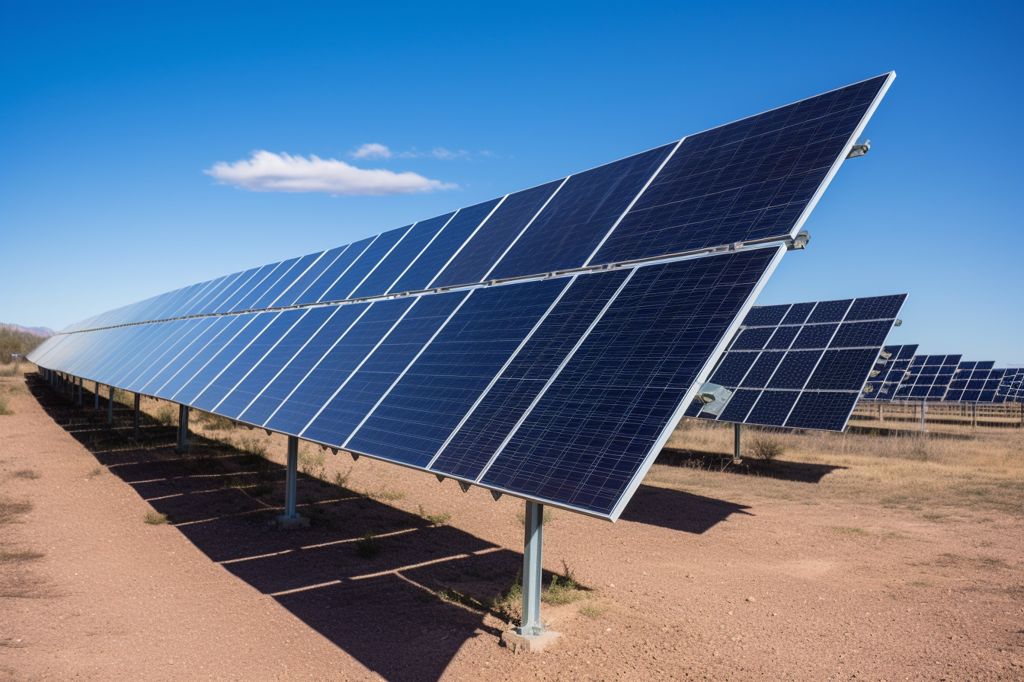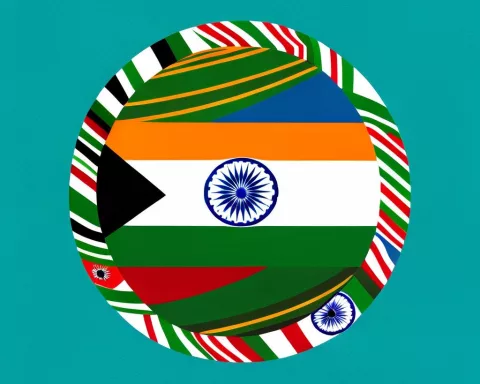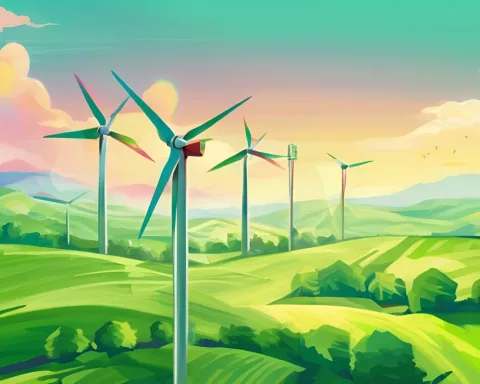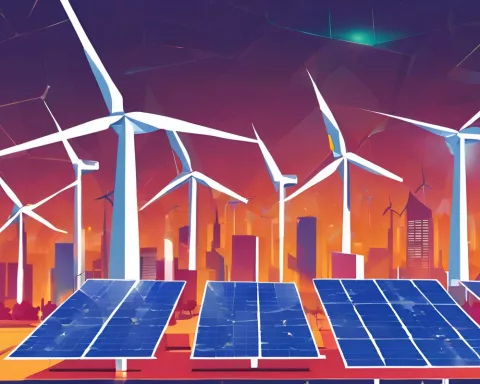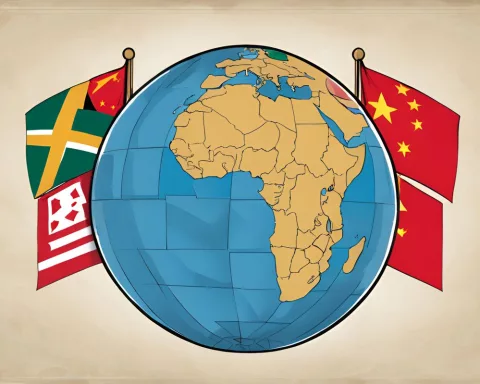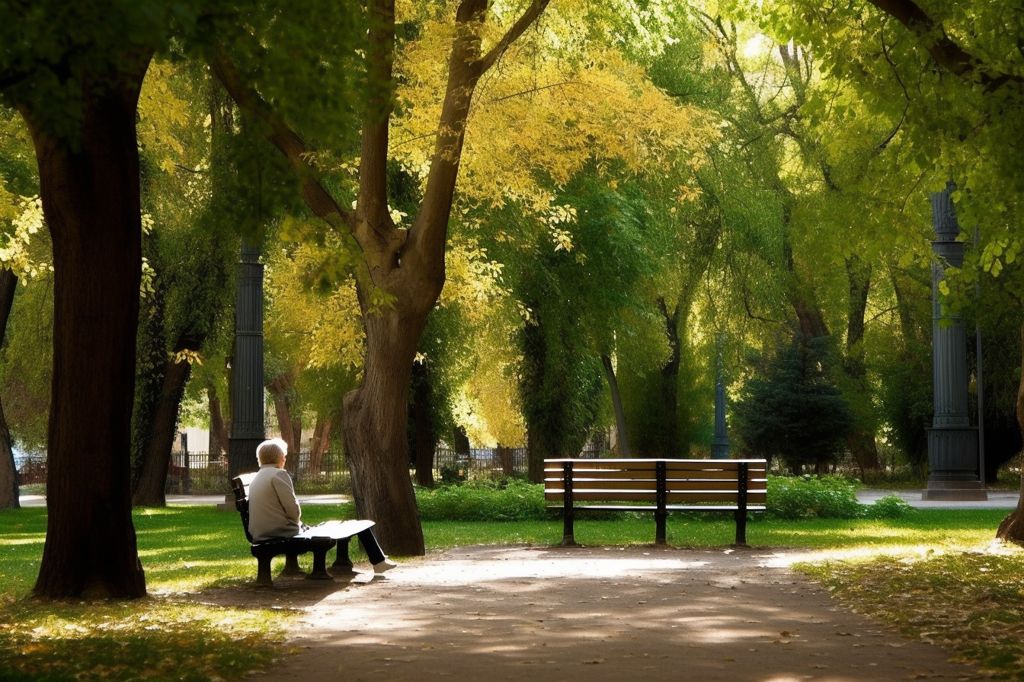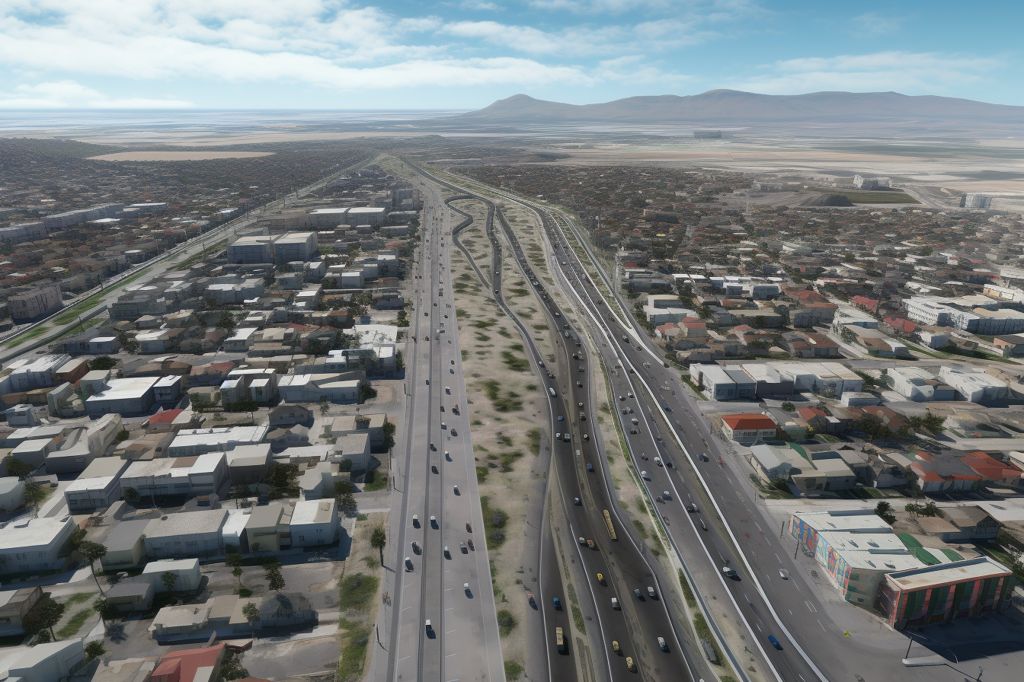As the world faces an energy crisis with traditional resources such as coal, oil, and gas becoming unreliable, countries worldwide are racing to invest in renewable energy, especially solar power. Solar energy has emerged as the third-largest renewable energy source, following wind and hydropower, due to its economic feasibility and abundant availability. Let’s dive into the solar power race and explore the top three countries based on installed capacity, along with assessing South Africa’s progress in this area.
China: The Solar Powerhouse
China leads the world in solar energy capacity with an impressive 392 GW. During the first half of 2022, the country deployed over 30.88 GW of Solar PV systems and aims to install 108 GW this year. China has heavily invested in solar equipment manufacturing, contributing over $50 billion since 2011, significantly outpacing European investment. With an 80% share in solar panel manufacturing, China managed to make subsidy-free solar power more affordable than coal. The Chinese government targets 33% renewable electricity generation by 2025 and plans to develop 1,200 GW of solar and wind energy capacity by 2030.
USA: The Rapidly Growing Solar Market
The United States holds the second position in solar power capacity with 135.7 GW. From 2008’s 0.34 GW, the US has made significant advancements in solar energy, which now accounts for 3% of the country’s electricity. Under President Joe Biden, the US government introduced favorable policies to promote solar energy, aiming for 100% clean energy by 2025, with 40% of this demand met by solar power.
Japan: The Photovoltaic Leader
Japan ranks third in solar power capacity with 84.9 GW. In 2021, solar energy constituted nearly 10% of Japan’s total electricity generation, a substantial increase from 2010’s 0.3%. Japan has been the fastest-growing nation in promoting Solar PV and leads the global photovoltaic market, manufacturing 45% of photovoltaic cells. The country aims to reach 108 GW and add 20 GW of solar capacity in the next eight years.
Honorable Mentions: Germany and India
Germany and India occupy the fourth and fifth places with 66.5 GW and 63.3 GW capacity, respectively. Both countries have ambitious solar power targets, with Germany aiming for 215 GW and India striving for 280 GW by 2030.
South Africa’s Solar Power Progress and Potential
South Africa has a solar energy capacity of approximately 6.2 GW, ranking around 20th globally. With abundant solar radiation, South Africa is an ideal location for power generation. The government has made significant investments in solar power and introduced tax breaks for businesses and homeowners, incentivizing solar installations. To emerge as a major player in the global solar power market, South Africa needs to increase its solar power capacity by investing in research and development, improving infrastructure, and promoting local manufacturing of solar equipment. The government should continue to implement favorable policies and incentives to attract both local and international investors, fostering a competitive and thriving solar market. Furthermore, public awareness campaigns and educational programs can help increase the adoption of solar energy among South African consumers, contributing to the country’s transition toward renewable energy and energy security.

